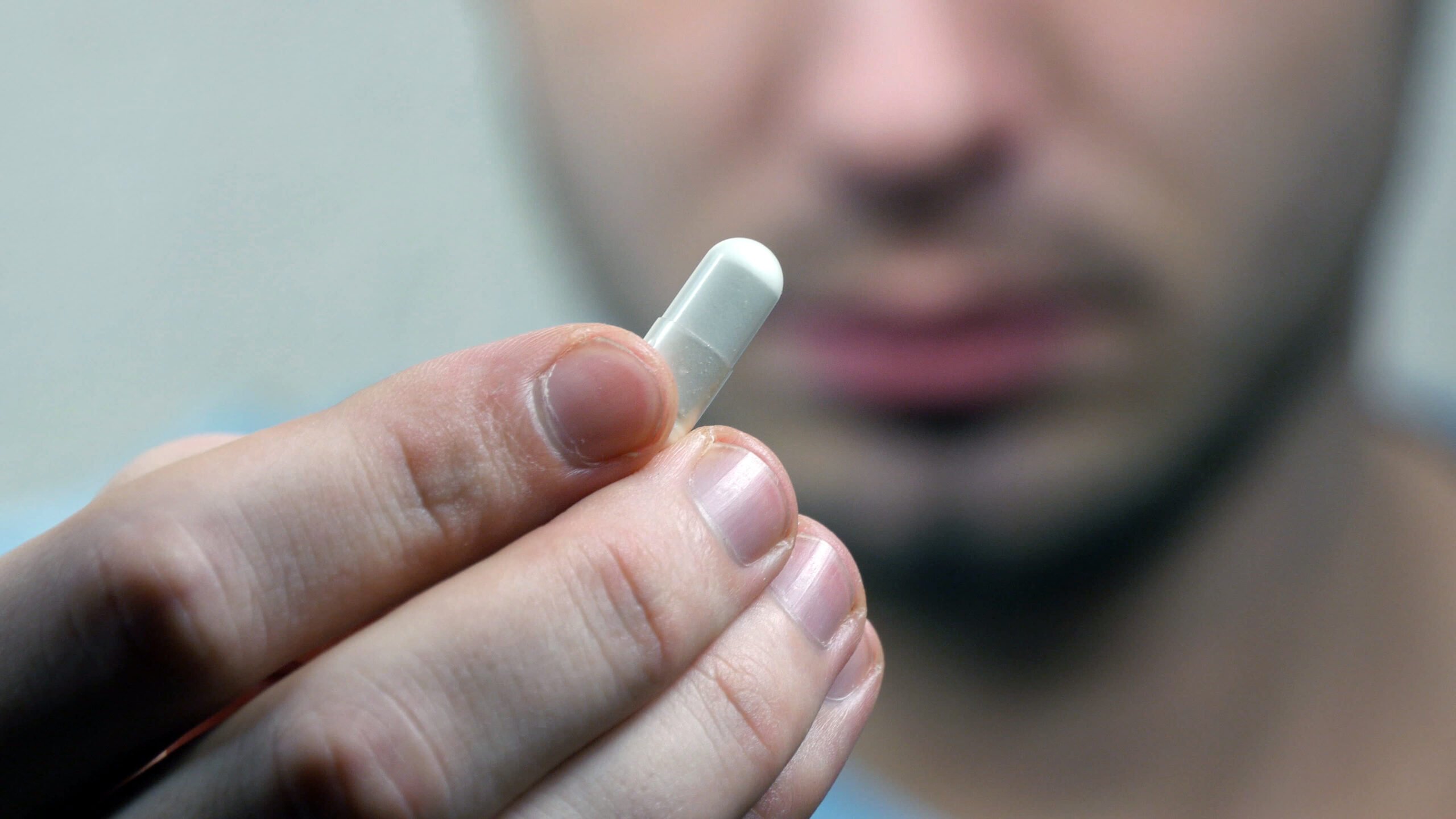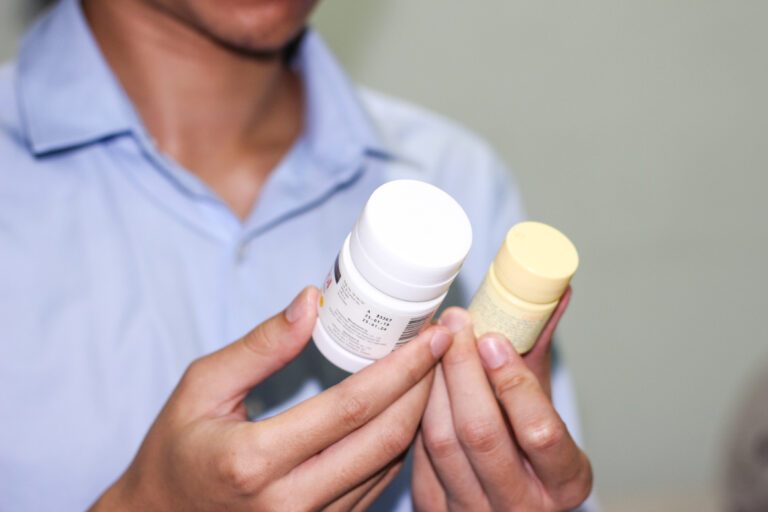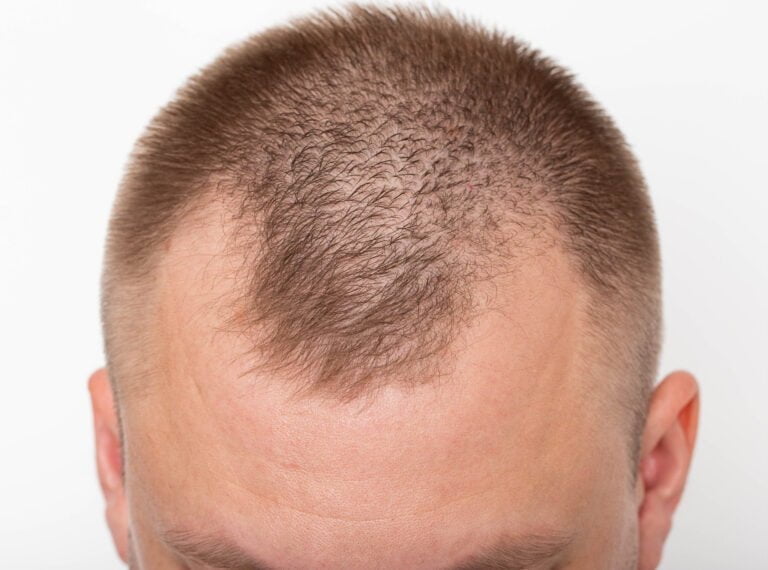How Often to Take Dutasteride for Hair Loss?
Hair loss or male pattern baldness is a common concern among many people, as it affects over 53% of men above the age of 50, according to studies.
Luckily, however, several pharmaceuticals can help with this condition. A remarkable example here would be dutasteride, which is one of the latest additions to the list of popular treatments for hair loss.
But how does this one work? And how often should you take dutasteride for hair loss? In this guide, you’ll find a brief overview of the drug that will answer all your questions.
How Does Dutasteride Work?
Learning how dutasteride works can help you understand a lot about the treatment and its effect, so here’s a brief overview of its mechanism of action.
Hair loss may occur for a variety of reasons, but the most common one is known as “male pattern baldness” or “male androgenetic alopecia”.
This progressive condition is caused by the accumulation of a hormone called dihydrotestosterone, or DHT, which shrinks hair follicles over time as a side effect, leading to thinner hair and bald spots.
Dutasteride is a medication originally designed to treat enlarged prostate in men. Yet, since it works by blocking the production of DHT, it can slow down hair loss and even promote some regrowth as a side effect.
Is Dutasteride the Same as Finasteride?
Both dutasteride and finasteride have very similar chemical structures and properties. However, they differ in some crucial aspects.
For instance, both have the same mechanism of action that blocks the 5-alpha reductase enzyme that leads to the formation of DHT.
However, dutasteride is a more potent blocker because it inhibits two types of the enzyme while finasteride only blocks one type.
Additionally, among the two, finasteride is the only drug approved by the FDA for the treatment of hair loss. Yet, dutasteride is still used “off-label” for this purpose because of its high potency.
How Much and Often Should You Take Dutasteride for Hair Loss?
Since dutasteride is only approved for treating enlarged prostate, there’s no standard dose for the medication while treating hair loss.
In most cases, doctors will recommend taking 0.5 mg of dutasteride a day, which is usually equivalent to one capsule daily.
However, the prescribed dose will vary from one case to another, depending on the severity of hair loss in addition to other factors.
For instance, scientists experimented with lower doses of the drug, which could be more tolerated by some patients who suffer from side effects.
While some men reported positive results from taking three capsules per week, studies show that three capsules or fewer per week were typically considered low doses with reduced effectiveness.
Similarly, it’s recommended to avoid taking higher doses of dutasteride than 0.5 mg per day, as there’s a lack of studies on the safety of the drug at a higher dose.
Is Dutasteride Effective in Treating Hair Loss?
Although dutasteride is not yet approved by the FDA as a hair loss treatment, many studies suggest its effectiveness in treating the condition.
In fact, a 2017 study found that 0.5 mg of dutasteride was more effective and superior in terms of results than 1 mg of finasteride.
Additionally, people who didn’t respond well to long-term treatment with finasteride typically experienced significantly better results after switching to dutasteride, according to another study by the Department of Dermatology at Seoul National University.
When Should You Expect Results After Taking Dutasteride?
It typically takes at least three months of taking dutasteride before you start seeing any initial results. Yet, it may still take up to six or more months before seeing any remarkable effects.
This is because hair growth cycles are relatively long, so it may take some time for the medication to work its way through the system and start slowing down hair loss.
Keep in mind that you need to take the drug for years or even for life to maintain its results.
What Are the Potential Side Effects of Using Dutasteride?
While effective, dutasteride is still associated with various side effects that vary in terms of frequency.
A common side effect of taking dutasteride is shedding, which typically happens at the beginning of the treatment and you shouldn’t worry about it.
Other side effects that worry some people are the sexual side effects associated with 5-alpha reductase inhibitors, such as decreased libido and erectile dysfunction.
However, these effects are much rarer than many people think and usually go away when you stop the medication.
Wrap Up
Dutasteride is an effective hair loss treatment with a highly potent effect, so it’s common for doctors to prescribe one 0.5 mg capsule of the drug to be taken daily with a full glass of water (with or without food.)
It’s important to always follow your doctor’s specific instructions regarding dutasteride dosage and to contact them if you experience any changes or side effects after starting the medication.







